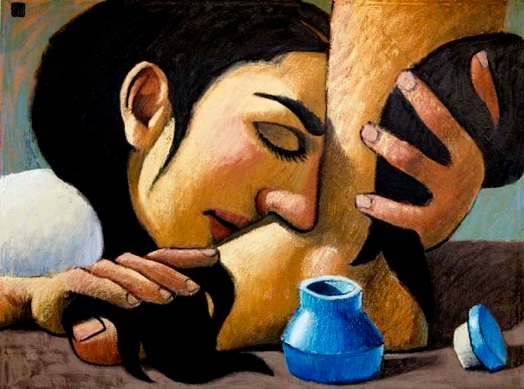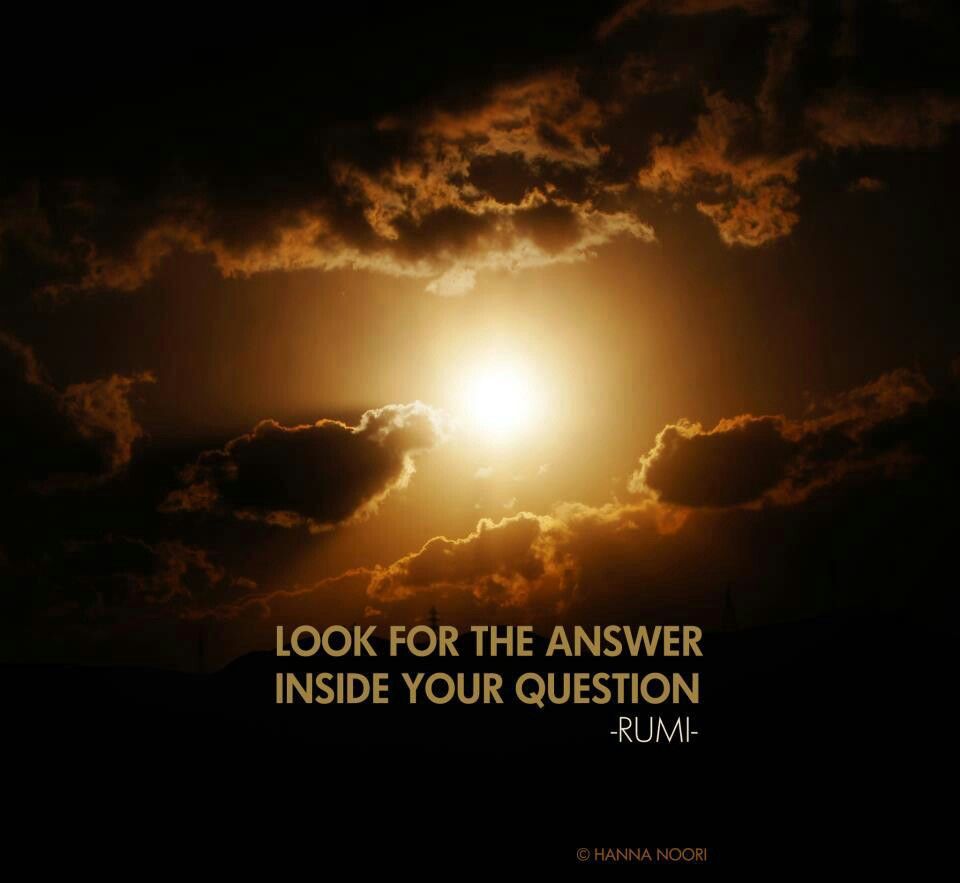Love on the move. Themes from Gospel of John
Bending down to wash and anoint someone’s feet. What story do our feet tell about us? How we live? How do we love? How do we touch the earth? Indeed, what amazing gifts might must be ours if we could kneel and honor the humanity in another? I imagine we might just start to see […]



